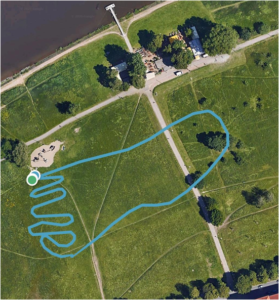Research Blog & News
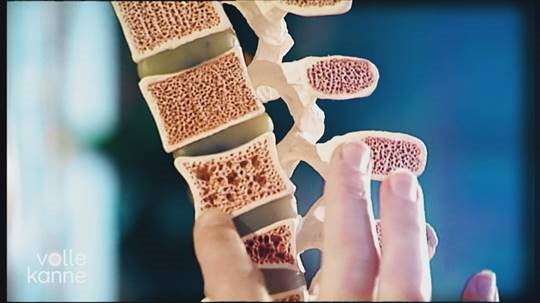
Volkskrankheit Osteoporose – so bleiben auch im Alter die Knochen stark
Dresden, 24.10.2023
Prof. Lorenz Hofbauer, Leiter des Bone Labs in Dresden, informierte am 20.10.2023, dem „Welt-Osteoporose-Tag“, über die Diagnose und Therapie der Osteoporose im ZDF-Magazin „Volle Kanne – Service täglich“. Neben den Risikofaktoren geht er auch auf die Entstehung und Behandlung ein. In vielen Fällen lässt sich durch Bewegung und Ernährung eine Verbesserung der Situation erreichen. Osteoporose sollte daher auch schon für jüngere Menschen ein Thema sein. Das ganze Interview und weitere Informationen hier: https://www.zdf.de/nachrichten/panorama/osteoporose-symptome-vorbeugung-100.html#xtor=CS5-95
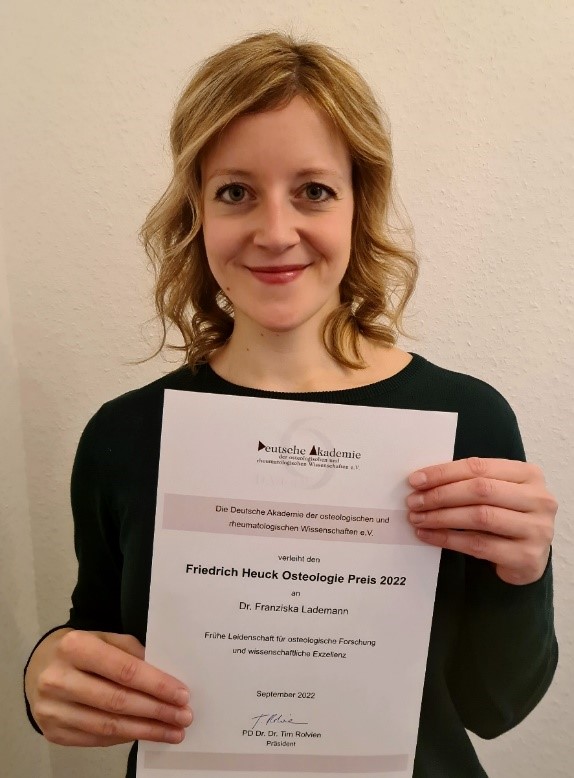
Congratulations to Franziska Lademann, PhD – 2022 Recipient of the Friedrich Heuck Osteologie Award
Rewarding three of her original publications about the effects of thyroid hormones on bone, Franziska received this year’s Friedrich Heuck Osteologie Award sponsored by the Deutsche Akademie der osteologischen & rheumatologischen Wissenschaften e.V. (DAdorW).
Dresden, 21.12.2022
Thyroid hormones are essential regulators of skeletal growth and bone metabolism. In her first paper „Lack of the thyroid hormone transporter Mct8 in osteoblast and osteoclast progenitors increases trabecular bone in male mice“ Franziska investigated the role of the thyroid hormone transporter MCT8 in bone cells using different transgenic mouse models and showed that MCT8 directly affects bone remodeling and bone mass.
With the study “The thyroid hormone transporter MCT10 is a novel regulator of trabecular bone mass and bone turnover in male mice”, published 2022 in Endocrinology, another important thyroid hormone transporter in bone, MCT10, was identified and described to have distinct effects on bone structure and fragility in a site- and age-dependent manner.
Franziska’s third original publication, published 2021 in JBMR ,„Disruption of BMP signaling prevents hyperthyroidism-induced bone loss in male mice”, showed that the bone morphogentic protein (BMP) signaling pathway, one of the most important osteogenic signaling pathways, is activated by thyroid hormones in osteoblasts and its pharmacological blockade prevented the development of osteoporosis in hyperthyroid mice.
Franziska is now expanding her research and will focus on the interaction of thyroid hormone receptors and the BMP signaling pathway in bone.
We are proud of having such motivated and aspiring scientists in our Bone Lab. Keep up the good work, Franzi!
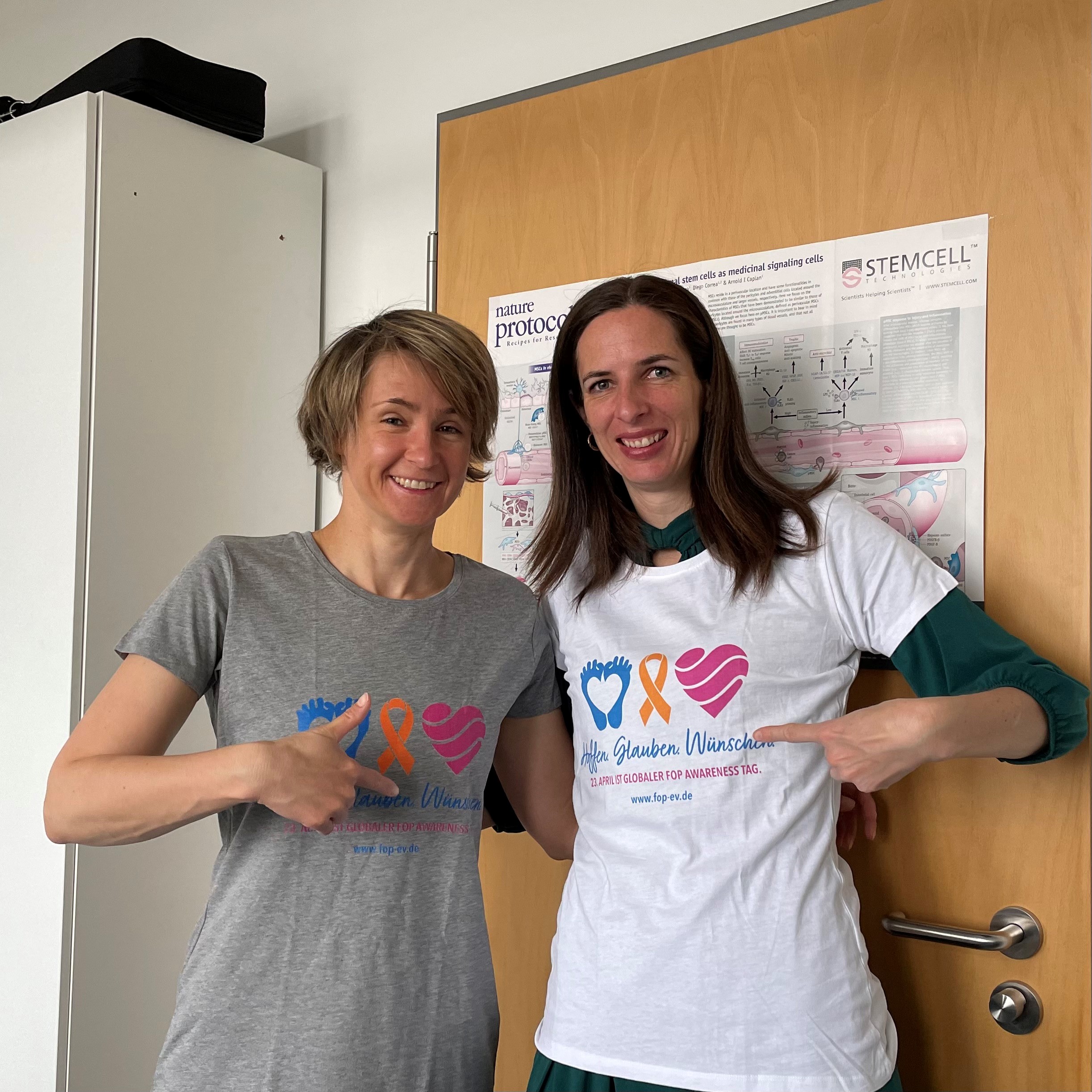
April 23 is International FOP Awareness Day 2022!!
Dresden, 23.04.2022
Fibrodysplasia Ossificans Progressiva (FOP) is an ultra-rare severely disabling genetic disease affecting 1 in 1.5 million people. It is characterized by excessive heterotopic ossification that progressively limits movement. Patients suffer from malformed big toes and bone formation in muscles, tendons, ligaments and other connective tissues. FOP results from mutations in the ACVR1 gene, which encodes for the BMP type I receptor ALK2. These mutations lead to hyper-responsiveness of this receptor to various ligands of the TGFb/BMP superfamily.
Since the University of Pennsylvania announced their breakthrough discovery of the FOP gene ACVR1 at April 23, 2006, this date is now celebrated as International FOP Awareness Day! This year marks the 16th anniversary of the discovery of the FOP gene meaning 16 years of hope, progress and determination to find a cure.
Martina Rauner and Ulrike Baschant, two scientists from the Bone Lab Dresden, are trying to find new therapeutic approaches to abrogate heterotopic ossification. To support the FOP community, they are also wearing T-shirts to raise awareness for the 2022 Global FOP Awareness Day.
For more information and if you wish to support the FOP community, too, please visit: https://www.ifopa.org/2022_global_awareness_day
Hope. Believe. Wish. for a future without FOP.
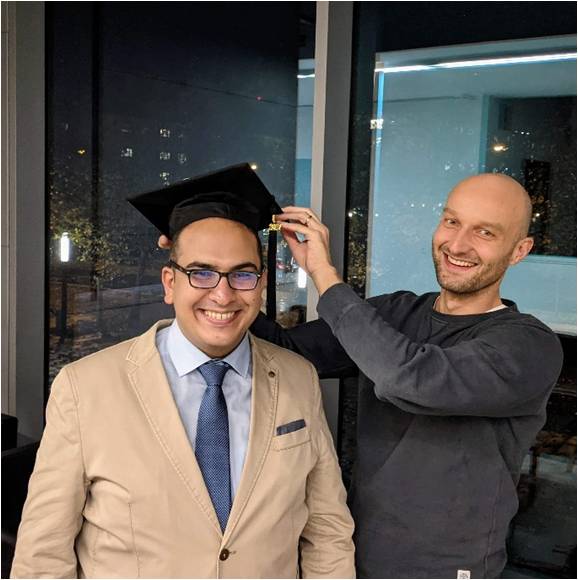
Congratulations to Manuel Gado for defending his Ph.D. thesis with magna cum laude!
For his doctoral studies in the field of endocrinology, Manuel investigated the interaction between glucocorticoid signaling and the sympathetic nervous system in both the skeleton and the adipose tissue.
Dresden, 15.12.2021
To that end, he used two methods to activate the adaptive thermogenic capacity in mice: long-term cold acclimatization and a chronic administration of a β3-AR agonist. He demonstrated that activation of the beta-adrenergic system either with long-term cold acclimation or pharmacological β3-AR activation prevented the onset of glucocorticoid-induced adipose dysfunction and related metabolic comorbidities. Thus, targeting β3-AR may be regarded as a potential therapeutic strategy to prevent glucocorticoid-induced metabolic disease.
Manuel will continue working as a postdoc in Holger Henneicke’s lab focusing on the interaction between glucocorticoids and IL4 in skeletal biology at the CRTD in Dresden.
Keep up the good work, Manuel!
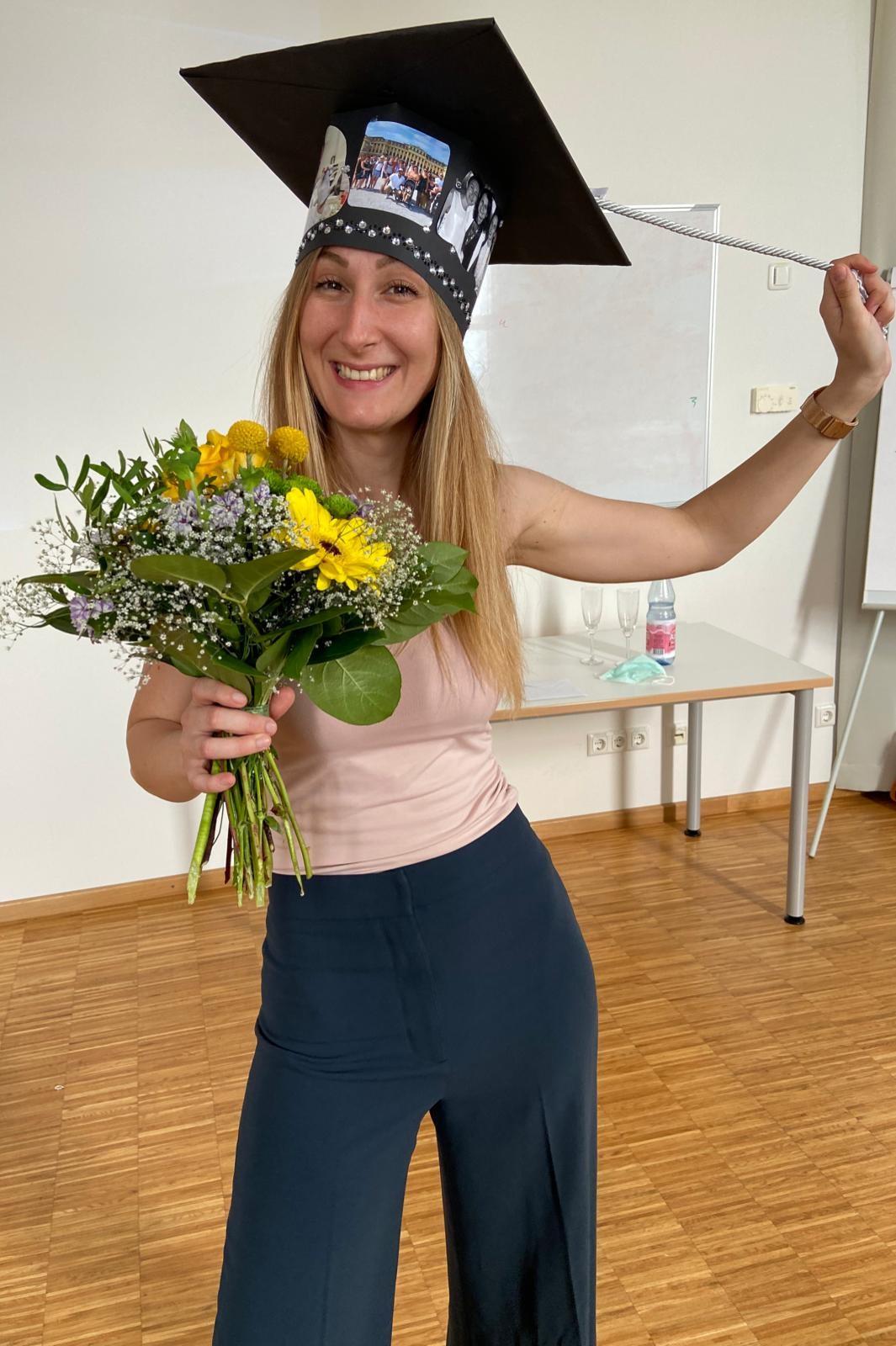
Congratulations to Giulia Furesi for defending her Ph.D. thesis with summa cum laude!
For her doctoral studies in the osteooncology field, Giulia focused on the role of extracellular vesicles in bone-prostate cancer cell crosstalk.
Dresden, 23.07.2021
Her research emphasizes the importance of tumor-derived extracellular vesicles in intercellular communication and underlines their impact on altering the physiological behavior of distant target cells, specifically osteoblasts. Moreover, Giulia’s results suggest that uptake of PCa-derived exosomal miRNAs by osteoblasts might contribute to the formation of metastatic bone lesions. This project would have not been possible without the successful collaboration within the µBONE consortium. As her next career step, Giulia will join the lab of Professor Roberta Faccio, Washington University School of Medicine, St. Louis, USA, as a postdoc in September 2021. We are so proud of her and wish her all the best for her future scientific career!
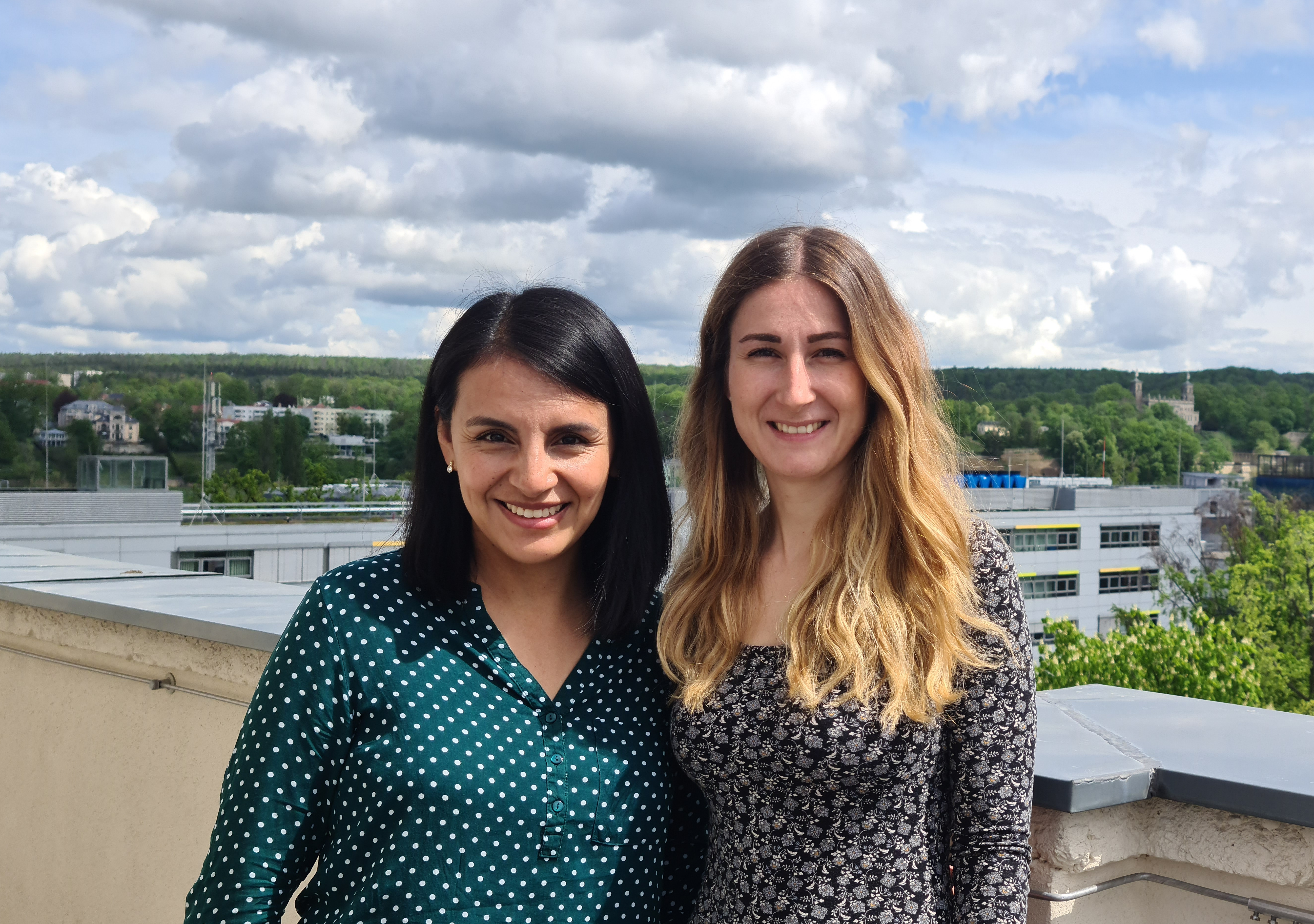
Congratulations to Maria Ledesma Colunga and Giulia Furesi on their great achievements at the ECTS Digital Congress 2021!
Dresden, 17.05.2021
Giulia Furesi and Maria Ledesma Colunga, both young scientists from the Dresden Bone Lab, received the opportunity to present their research on the ECTS Digital Congress 2021 in form of an oral presentation.
Giulia Furesi presented her PhD thesis work in the osteooncology field as an oral presentation in the basic/translational session: Cancer, Regeneration and Stem Cells with the title: “Extracellular vesicles from metastatic prostate cancer modulate osteoblastic functions”. Her abstract has been selected for the ECTS Travel Award.
Maria Ledesma Colunga, a Postdoc interested in osteohematology and osteimmunology, presented her latest results in the session Progress in Translational Research as a plenary oral presentation, entitled “Deletion of Transferrin Receptor 2 (Tfr2) aggravates inflammation and bone erosion by promoting macrophage activation in inflammatory arthritis”. Moreover, Maria obtained the New Investigator Award for her Abstract.
We are proud of having such highly motivated and ambitious young scientists in our Bone Lab!
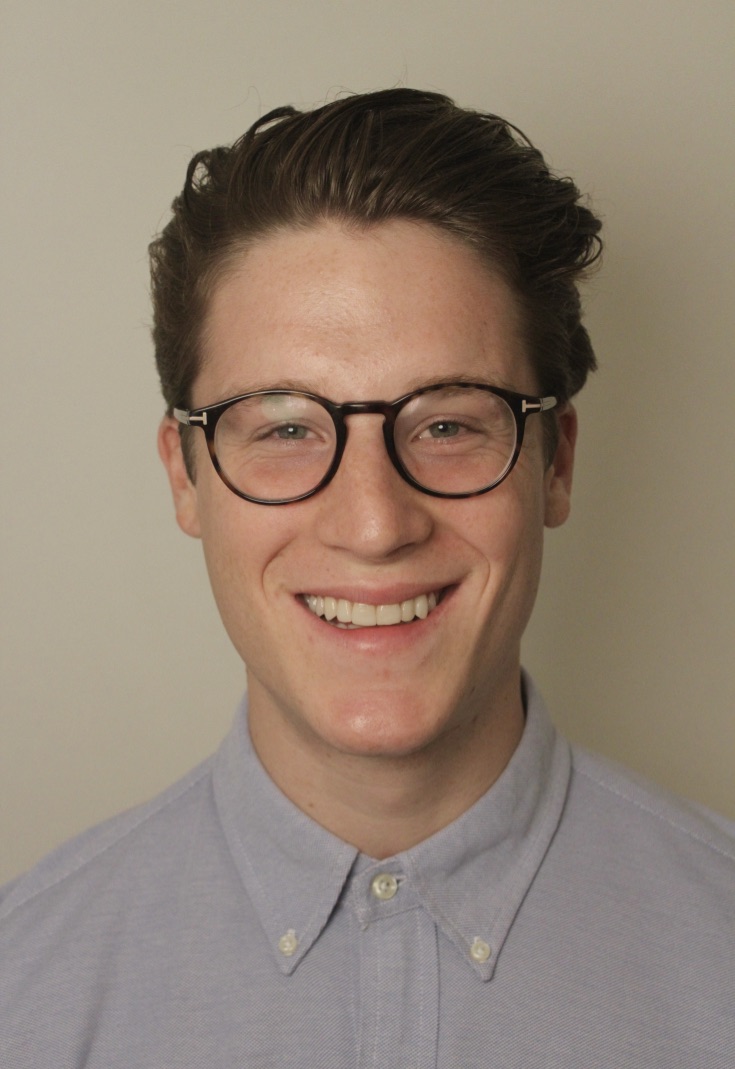
Auszeichnung für Dresdner Knochenforscher
Bei der Jahrestagung der Deutschen Gesellschaft für Endokrinologie (DGE) werden herausragende wissenschaftliche Arbeiten auf dem Gebiet der Osteologie mit dem von Recklinghausen Preis ausgezeichnet. In diesem Jahr wurde diese Ehre einem Forscherteam des Bone Lab Dresden zuteil.
Dresden, 09.03.2021
Dr. med. univ. Nikolai Jaschke gelang unter der Supervision von PD Dr. Tilman Rachner und Dr. Andy Göbel der Nachweis einer neuen Funktion des Proteins Dickkopf-1 (DKK1). „Dickkopf-1 ist primär für seine Rolle in der Regulation des Knochenstoffwechsels bekannt. In unseren Untersuchungen konnten wir nun jedoch anhand klinischer Daten, Zell- und Tierversuchen eine wichtige Rolle des Proteins bei Entzündungsreaktionen identifizieren. Diese Ergebnisse könnten eine plausible Erklärung für die Assoziation hoher DKK-1 Produktion durch Malignomen und der Entwicklung von Knochenmetastasen darstellen, sowie eine therapeutische Relevanz für andere, weitverbreitet Entzündungs-assoziierte Erkrankungen haben“ berichtet Nikolai Jaschke.
„Wir hoffen, dass unsere Studie wichtige Erkenntnisse zum pharmakologischen Potential DKK-1-basierter Therapien liefern kann“, so Tilman Rachner.
Nikolai Jaschke hat an der medizinischen Universität Innsbruck 2018 sein Medizinstudium abgeschlossen und absolviert derzeit gefördert von der Studienstiftung des Deutschen Volkes und dem Mildred-Scheel-Nachwuchszentrum Dresden sein PhD-Studium in der Arbeitsgruppe Rachner/Göbel im Bone Lab von Prof. Hofbauer und Prof. Rauner an der TU Dresden. Anfang 2022 wird Herr Jaschke voraussichtlich nach Abschluss seines PhD zurück in den klinischen Alltag wechseln.
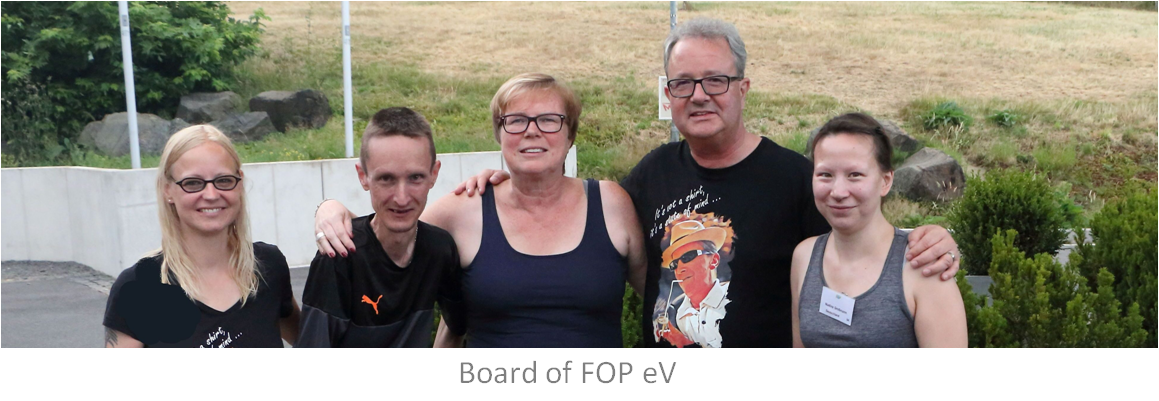
FOP Germany supports the Bone Lab Dresden
Dresden, 03.11.2020
Last week, we received the wonderful news that the FOP Association in Germany (www.fop-ev.de), a patient organization, will support research in the Bone Lab Dresden that is connected to heterotopic ossification and FOP. Receiving such a generous gift from FOP eV is a tremendous honor and highly motivating! We are delighted to have the support from such an active patient group!
FOP is an ultra-rare disease that is characterized by excessive heterotopic ossification that progressively limits movement. All patients with FOP have a characteristic malformation of the great toe, thus, rendering this malformation a diagnostic criterion for the disease. FOP results from mutations in the ACVR1 gene, which encodes for the BMP type I receptor ALK2. These mutations lead to hyper-responsiveness of this receptor to various ligands of the TGFb/BMP superfamily. The Bone Lab has recently discovered the potential of Tfr2-ECD to limit heterotopic ossification in mouse models by scavenging these ligands. Future research, also supported by the Eva Luise and Horst Köhler Foundation for Rare Diseases, will investigate if this treatment also has potential to reduce ossifications in FOP.
The Bone Lab is dedicated not only to contribute to identifying novel disease mechanisms and/or therapeutic options for FOP, but also to raise awareness for this rare disease. As such, we recently participated in the ECTS Charity Run (https://www.ects2020.org/mediaroom/ects-ects-academy-charity-event-run-for-fop/), which raised funds for FOP France, and won the category for “Best Map”. We hope that with leaving this Foot print, people will be made aware of FOP.
